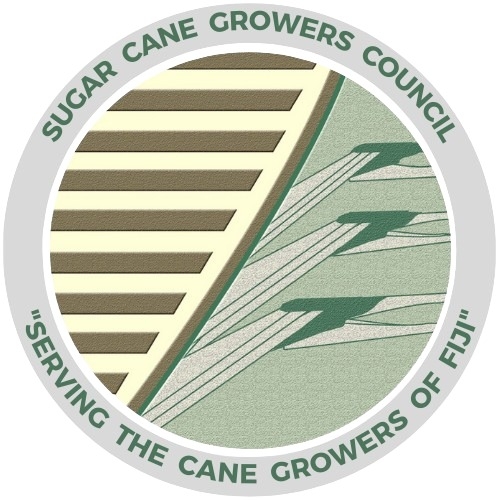National plans to make building more affordable by cutting red tape and letting more overseas products in, but that won’t be as easy as it sounds, an industry advocate says.
Rising building material costs, and lengthy consent processes have long plagued the industry, and Covid-era supply shortages and supply chain disruptions heightened problems.
Now, National has released its Better Building and Construction plan, which the party says will address the issues.
The party’s building and construction spokesperson Andrew Bayly said the sector was a critical part of the economy as it employed 295,000 people and contributed 7% of GDP.
It delivered over 40,000 buildings each year, but it faced productivity challenges due to excessive regulation, worker shortages, disrupted supply chains and a severe boom-bust cycle, he said.
Streamlining consents to cut compliance costs and improve efficiency, and allowing more innovative products into the country to make building cheaper were two of the plan’s key proposals.
National housing spokesperson Chris Bishop said it was all part of the party’s broader plan to improve housing affordability.
Digital technology and remote inspections would be harnessed to put consents on a fast track, he said.
Stuff
Remote building inspections will drive productivity gains, National Party housing spokesperson Chris Bishop says.
“Building inspections are a major bottleneck that can leave contractors sitting idle for days waiting for an inspection. Remote inspections are standard practice overseas, and will drive substantial productivity gains.”
Code Compliance Certificates would be required to be issued within five days, while specialised teams would process consents for buildings over 10 metres.
The Building Code would also be reviewed to introduce risk-based consenting that considered the size and complexity of a development and the builder’s credentials.
Bishop said competition for building materials would be unleashed by granting automatic approvals for appropriately certified building materials from overseas.
“Products that meet European, American, British and Australian standards will be automatically approved for use in New Zealand.”
The plan also committed to supporting access to skilled workers through apprenticeships and immigration settings, a review of scaffolding rules, addressing issues to do with phoenix companies, and making the promotion of competition a goal of the regulatory system.
Certified Builders chief executive Malcolm Fleming said while the plan sounded good and covered issues that concerned the industry, it needed to be properly assessed, and then supported, by the industry.
Implementing some of the proposals would be far more complex than it might first appear, he said.
“There is a reason why larger European or North American product manufacturers have not already set up here, for example. New Zealand is a small market globally, and it is geographically spread out.
“The costs of setting up a full, long-term service, which provides warranties, in a market that has some very well-established players has been off-putting for many.”
Supplied/Supplied
The industry wants to see more alternative products, Certified Builders chief executive Malcolm Fleming says.
Another issue was that New Zealand’s climate had some unique characteristics, such as high wind zones and high UV levels, and that meant a higher rate of decline for exposed products, he said.
“Overseas-approved products might not be able to perform to the standards required here, and there needs to be a way of assessing that before they are put to use.”
Lack of affordability was the industry’s biggest problem, so it wanted to see more alternative products on the market, but it needed to be confident in them and in the level of service provided, he said.
While he was positive about moves to streamline consenting processes, he was opposed to making the promotion of competition a goal of the regulatory system as it was critical for the system to be robust.
In recent years the Government has acted to address some of the issues highlighted in National’s plan.
Following the Gib crisis last year, a Critical Materials Taskforce was set up, and this was expected to help pave the way for more alternative products.
In May the Government accepted eight of the nine recommendations to come out of a Commerce Commission report into the building supplies industry.
These included creating clear compliance pathways for a broader range of key building supplies, and exploring ways to remove impediments to product substitution.
The Ministry of Business, Innovation and Employment was working on a new certification scheme for offsite manufacturing, changes to the CodeMark scheme to help new products show compliance, and new product information regulations to improve the use of alternative products.
It was also reviewing the building consent system, and submissions on its options paper closed in August.






